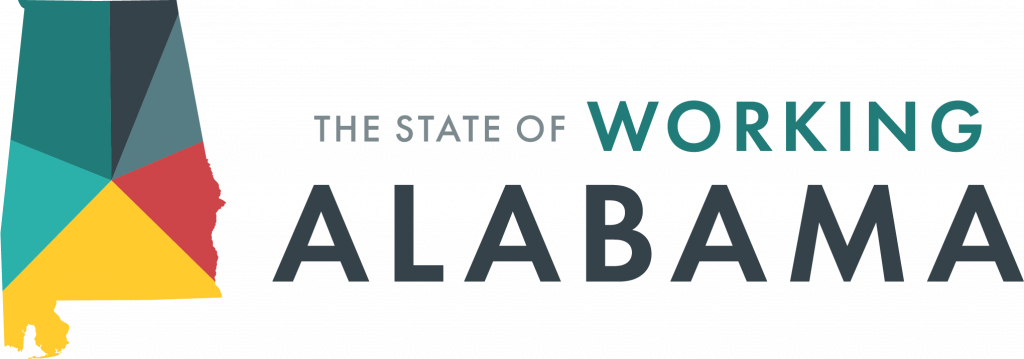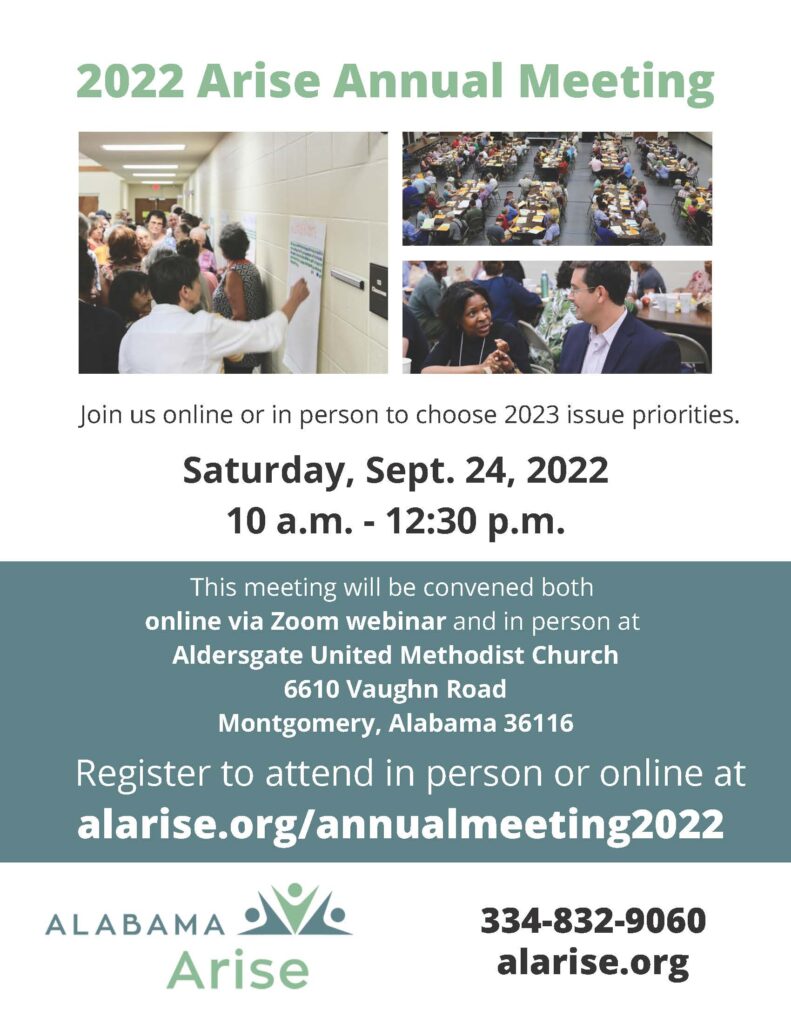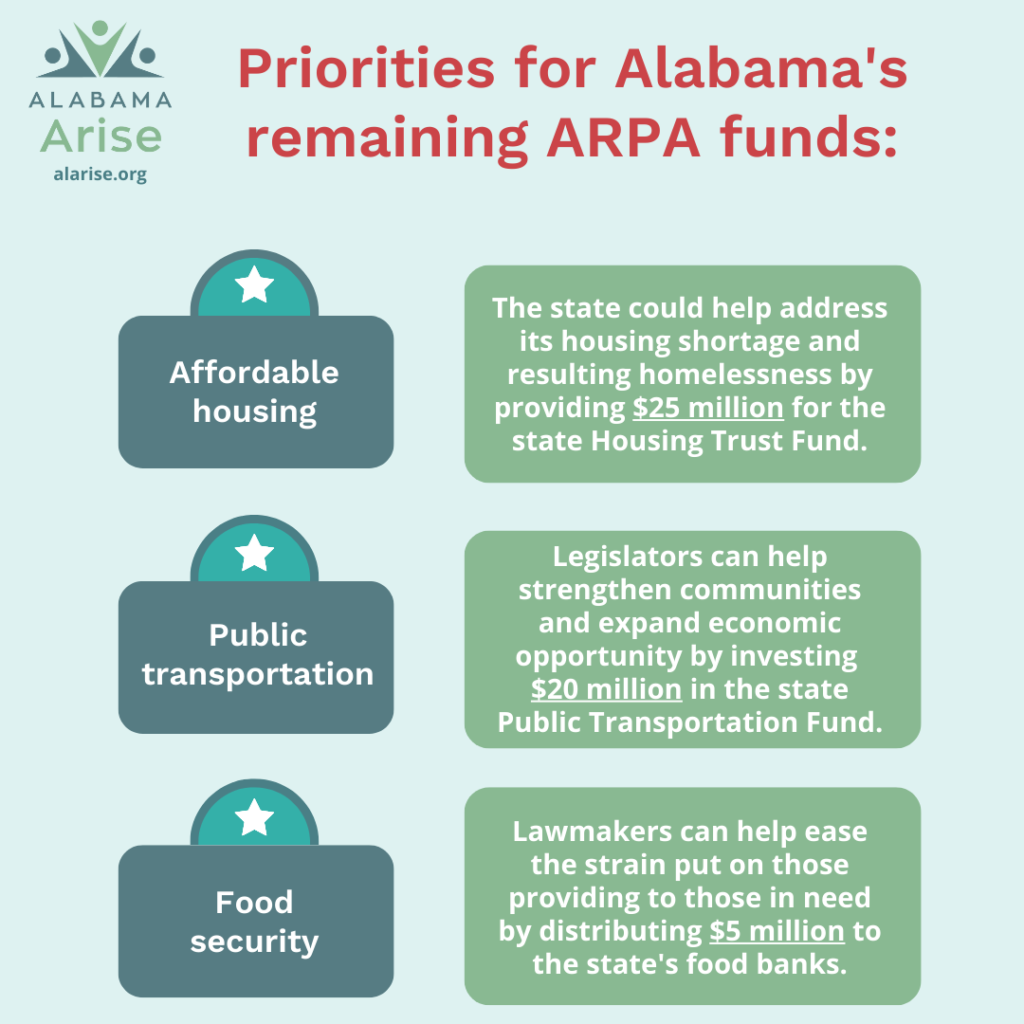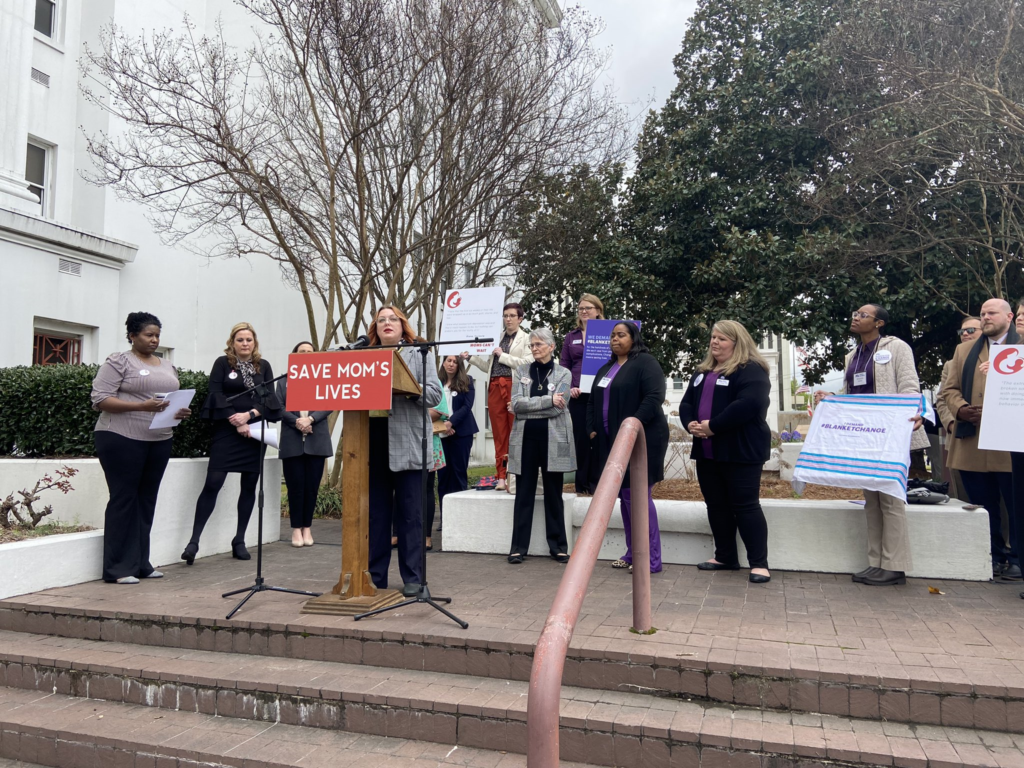No family should have to wonder how they will afford their next meal. But increased food costs during the COVID-19 pandemic have contributed to a second, quieter epidemic: hunger. Fortunately, a food assistance program called Pandemic Electronic Benefits Transfer (P-EBT) has helped hundreds of thousands of Alabamians and tens of millions of Americans keep food on the table.
During the pandemic’s early months, 13% of Alabama families with children told the Census Bureau that they either sometimes or often didn’t have enough food to eat. Hunger rates were more than two times higher for Black and Hispanic families in our state. In response to this challenge, the federal and state governments created P-EBT to help replace missed school meals. The program helped significantly. Thanks to P-EBT and other federal assistance, the share of Alabama families with children who sometimes or often didn’t have enough to eat declined to 9% by July 2021.
Summer P-EBT expands these efforts by reducing hunger while school is out. This program replaces missed school meals during the summer with cash assistance that families can spend on groceries. Summer P-EBT offers relief to families with children who otherwise sometimes would not have enough to eat.
In late May, Alabama became the first state to get approval from the U.S. Department of Agriculture (USDA) to continue to receive Summer P-EBT benefits. Alabama Arise is working with the Alabama Department of Human Resources, which oversees and administers Summer P-EBT, to provide more information to help parents and families throughout the state.
What is P-EBT?
P-EBT is a federally funded, state-operated program that supplements and replaces missed school meals with benefits that families can spend on groceries for their children. P-EBT is delivered on a debit-like card (called an Electronic Benefits Transfer, or EBT, card). For households with children under age 6 who already receive food assistance under the Supplemental Nutrition Assistance Program (SNAP), P-EBT is deposited onto their EBT card.
What is Summer P-EBT?
Summer P-EBT supplements meals for the summer months with benefits that families can use to purchase groceries for their children.
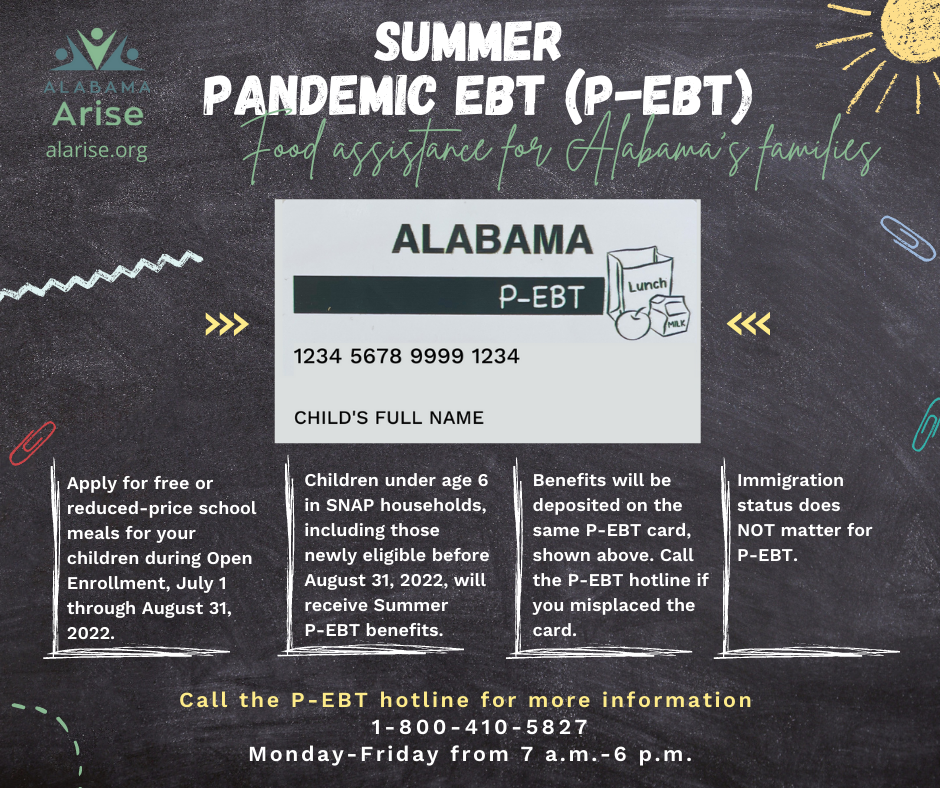
What is the difference?
P-EBT (for the school year) and Summer P-EBT (for summer months) are separate programs, each with its own eligibility rules. Each child’s benefit amounts also may vary based on multiple factors, including status of the federal COVID-19 public health emergency.
Who is eligible for P-EBT?
- Children under age 6 living in families who received SNAP benefits anytime between August 2021 and May 2022. These children do not have to be enrolled in child care to receive P-EBT. Eligible children will receive both school-year and Summer P-EBT, though benefit amounts may vary depending on the months for which they were eligible.
- Children under age 6 who live in households that became newly eligible for SNAP by Aug. 31, 2022. These children will receive only Summer P-EBT benefits.
- School-aged children who were eligible for free/reduced-price meals under the National School Lunch Program during the 2021-22 school year. This includes children who attended a school that has adopted either the Community Eligibility Provision or Provision 2. Receipt of free meals under another federal child nutrition program does not automatically make a child eligible for P-EBT. (See below for what parents should do to ensure their child is eligible.) These children will receive only Summer P-EBT benefits.
- School-aged children approved between July 1 and Aug. 31, 2022, for free/reduced-price meals under the National School Lunch Program. These children will receive only Summer P-EBT benefits.
Alabama’s school-aged children will not receive school-year P-EBT. This is because the USDA requires states to track and verify days that a child missed school because of COVID-19. Most states, including Alabama, do not track which specific illness resulted in missed school days.
What benefits will eligible children receive?
- Children under age 6 living in a household that received SNAP benefits will receive approximately $26 per month for each month that the child was receiving SNAP benefits between August 2021 and May 2022. They also will receive $391 in Summer P-EBT benefits.
- School-aged children approved for free/reduced-price National School Lunch Program meals will receive $391 in Summer P-EBT benefits.
How will children receive their benefits?
- Children under age 6 living in a household that receives SNAP will receive benefits automatically on their family’s SNAP EBT card (“blue card”).
- Eligible school-aged children who received P-EBT in 2021 and had no changes in name or address will receive benefits on the P-EBT card issued in 2021 (“white card”).
- Eligible school-aged children who did not receive P-EBT in 2021 or whose name or address has changed will receive a P-EBT card in the mail, along with instructions on how to activate it.
When will the benefits be issued?
- Eligible children under age 6 receiving school-year SNAP probably will receive half of their school-year benefits in June. The other half probably will come in July 2022.
- Eligible children under age 6 in SNAP households probably will receive summer benefits in September 2022. Summer P-EBT benefits will be issued retroactively to include newly eligible children and to prevent duplication and/or overissuance of benefits.
- Eligible school-aged children will receive Summer P-EBT benefits in September 2022. Summer P-EBT benefits will be issued retroactively beginning in September 2022 to include newly eligible children and to prevent duplication and/or overissuance of benefits.
What do parents have to do for their children to receive P-EBT?
Parents with children under age 6 who receive SNAP food assistance do not have to do anything to receive P-EBT. It automatically will be added to the SNAP EBT (“blue”) card.
Parents with school-aged children must ensure their child either (1) attends a school that provides universal free meals under the Community Eligibility Provision or Provision 2 or (2) has been approved for free/reduced-price meals under the National School Lunch Program. This is particularly complicated, because nearly every school in Alabama provided free school meals during the 2021-22 school year under a different child nutrition program (called Seamless Summer) that does not make a child eligible for P-EBT.
To ensure their school-aged child is eligible for P-EBT, parents should apply at their child’s school for free/reduced-price meals.
What if there is a problem?
Alabama has established a Customer Service Unit and hotline to answer and resolve problems, questions or concerns. The hotline number is 800-410-5827. It operates Monday through Friday from 7 a.m. until 6 p.m.
